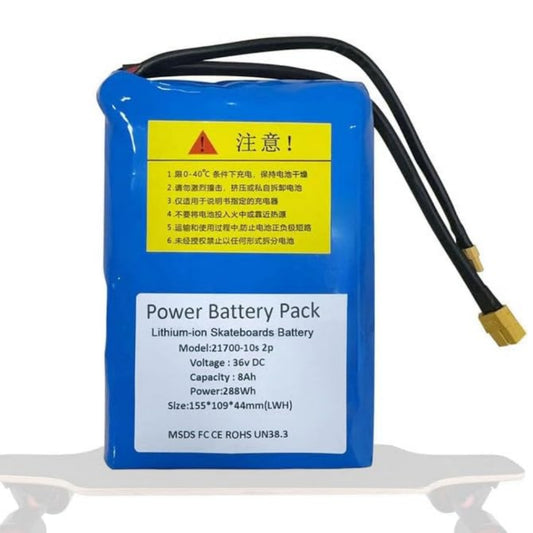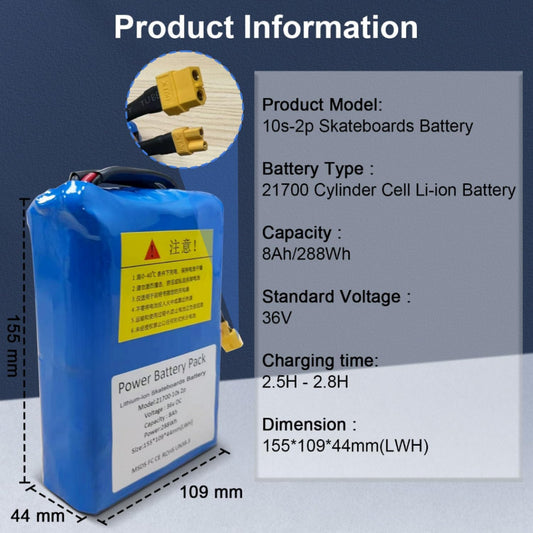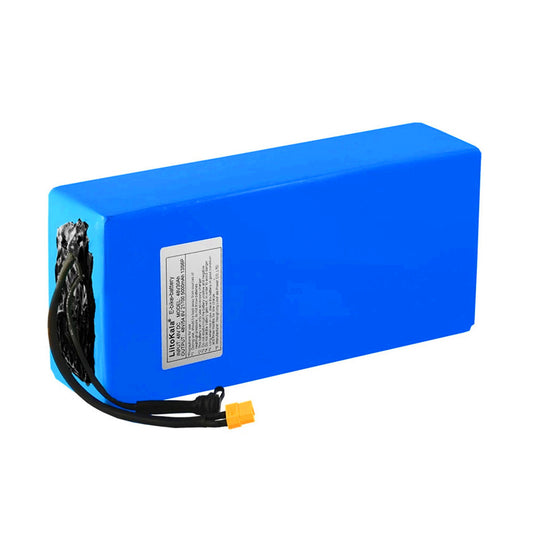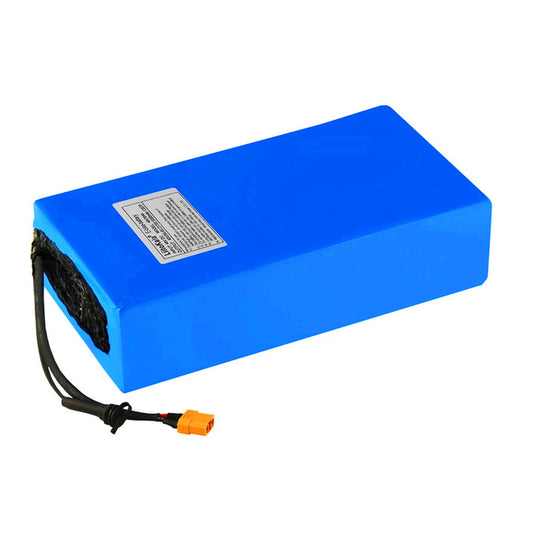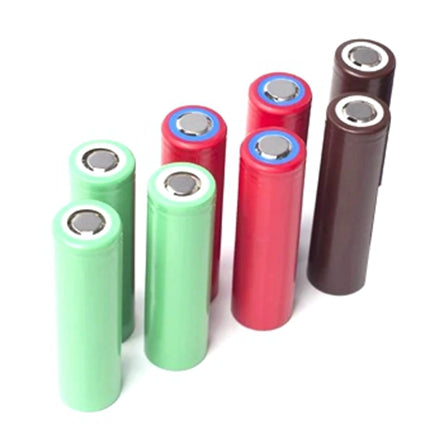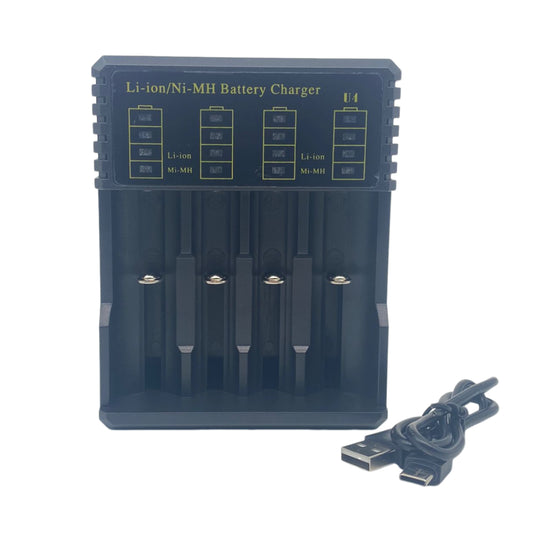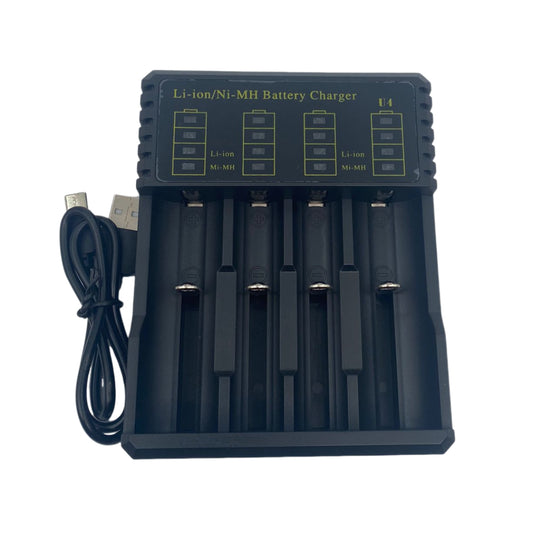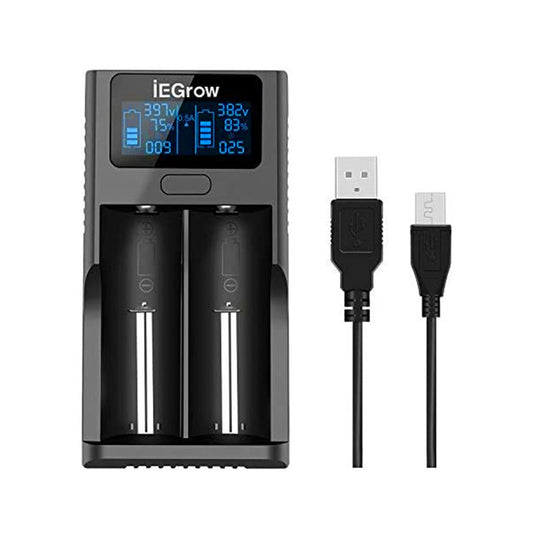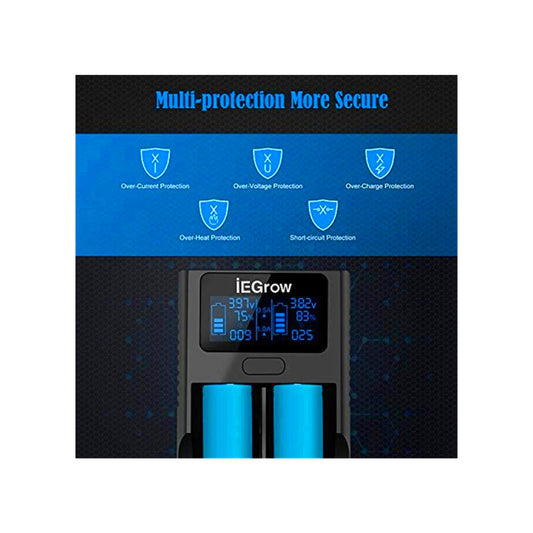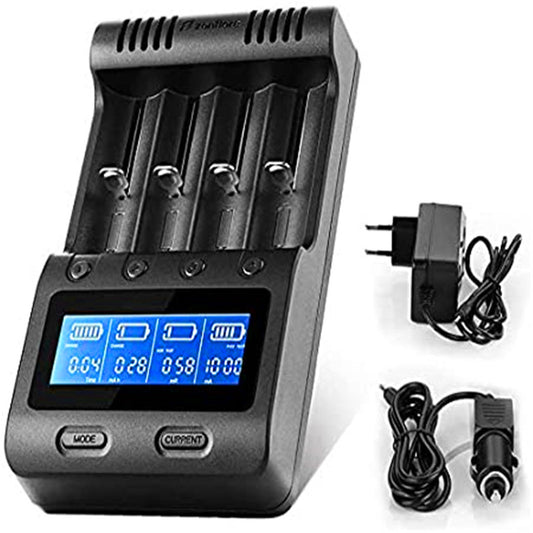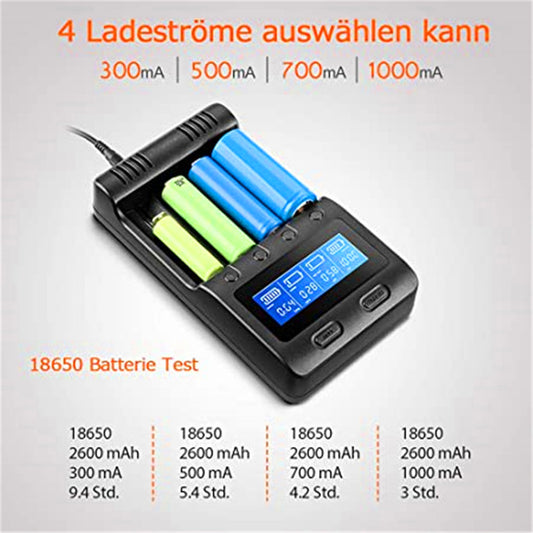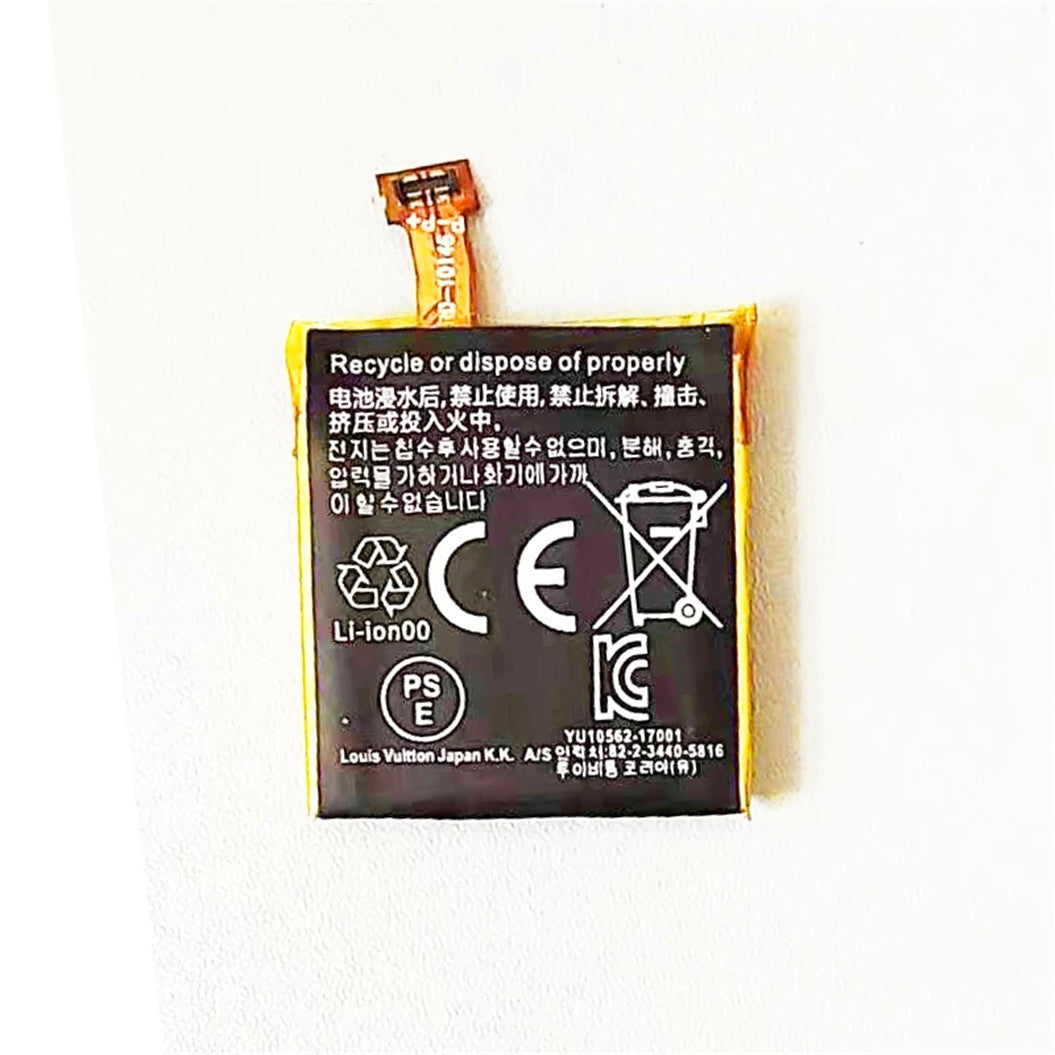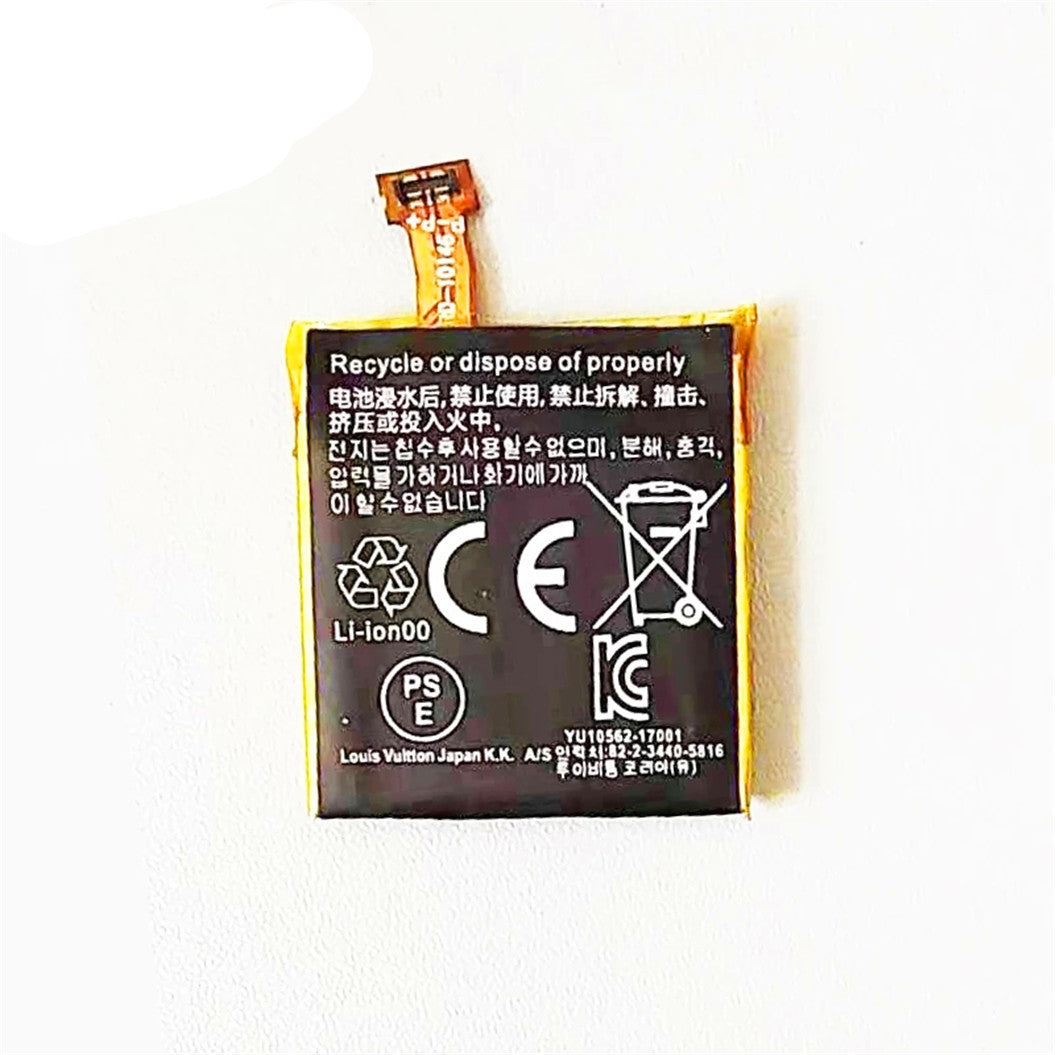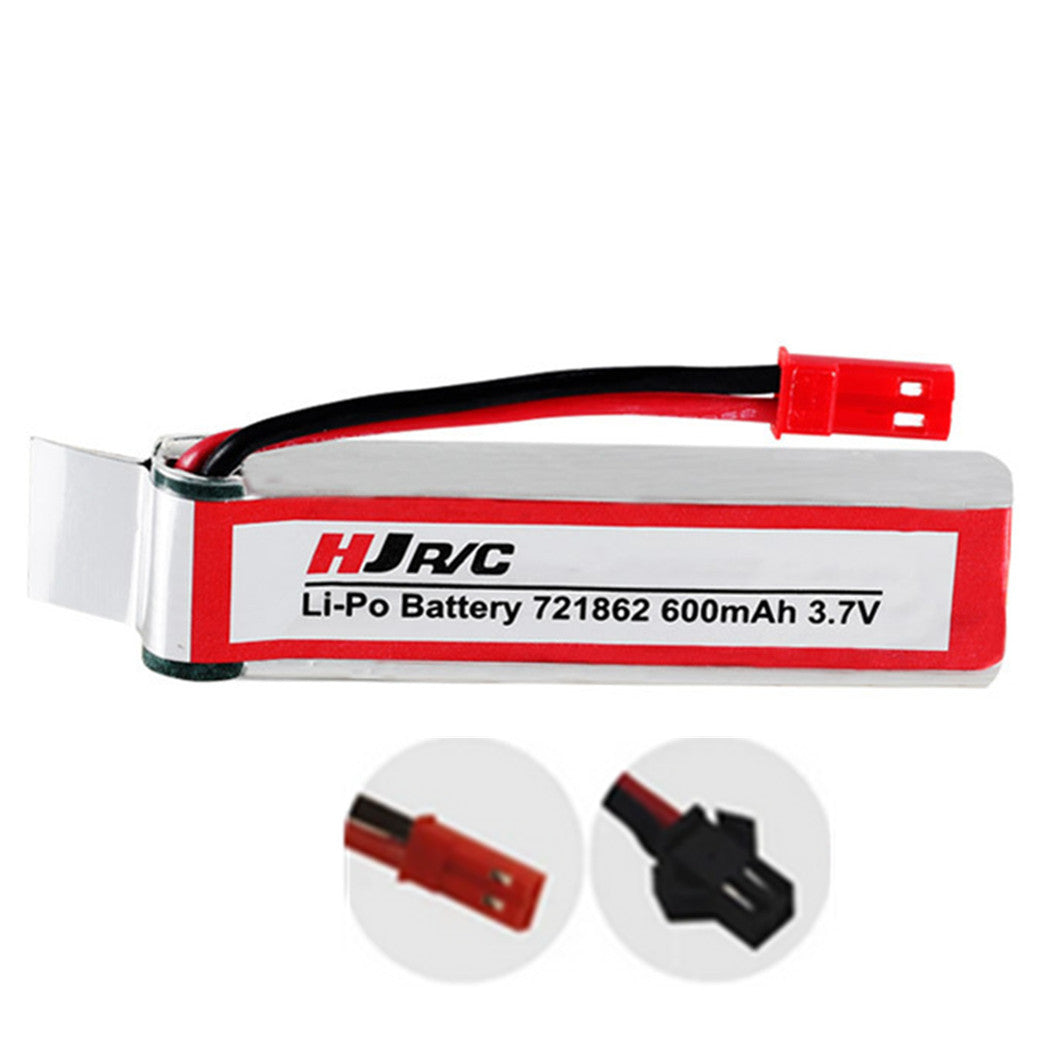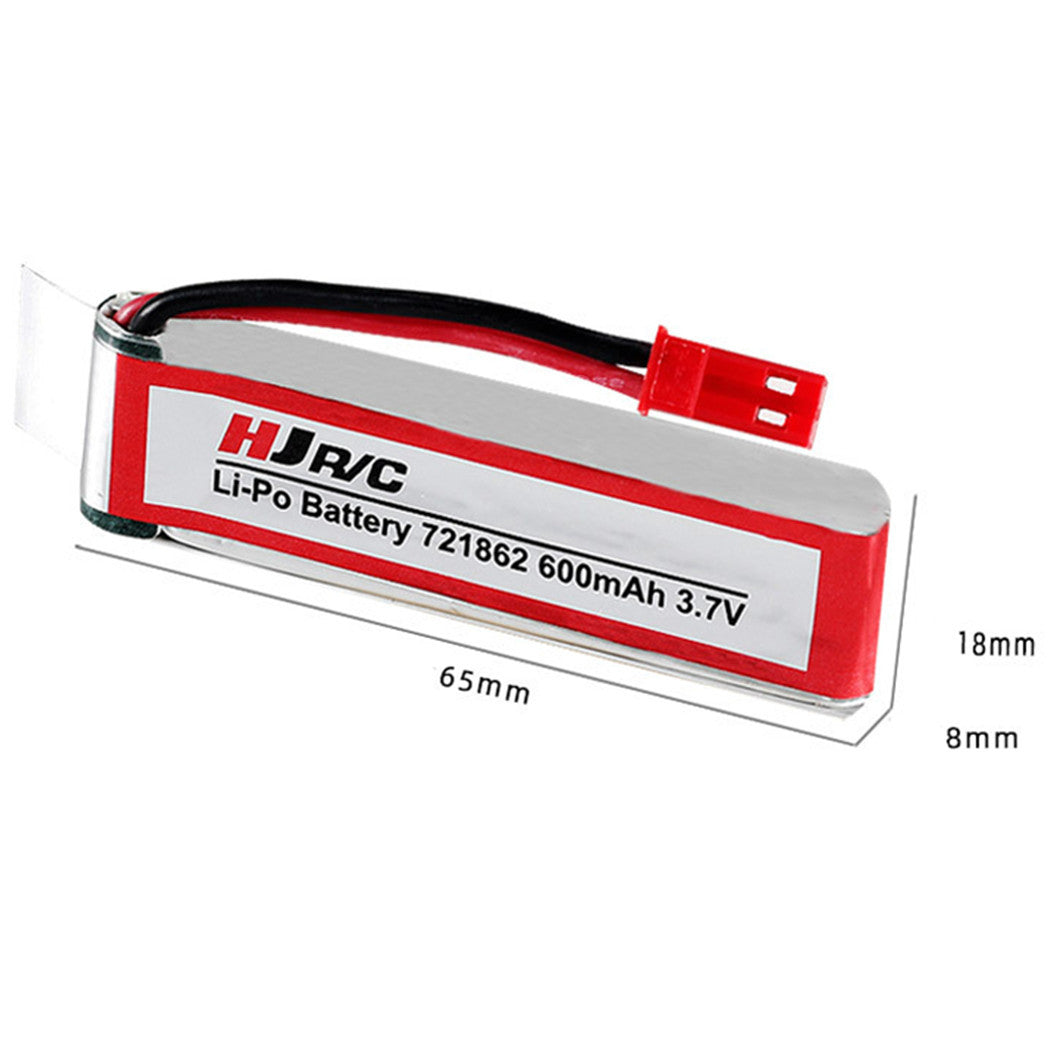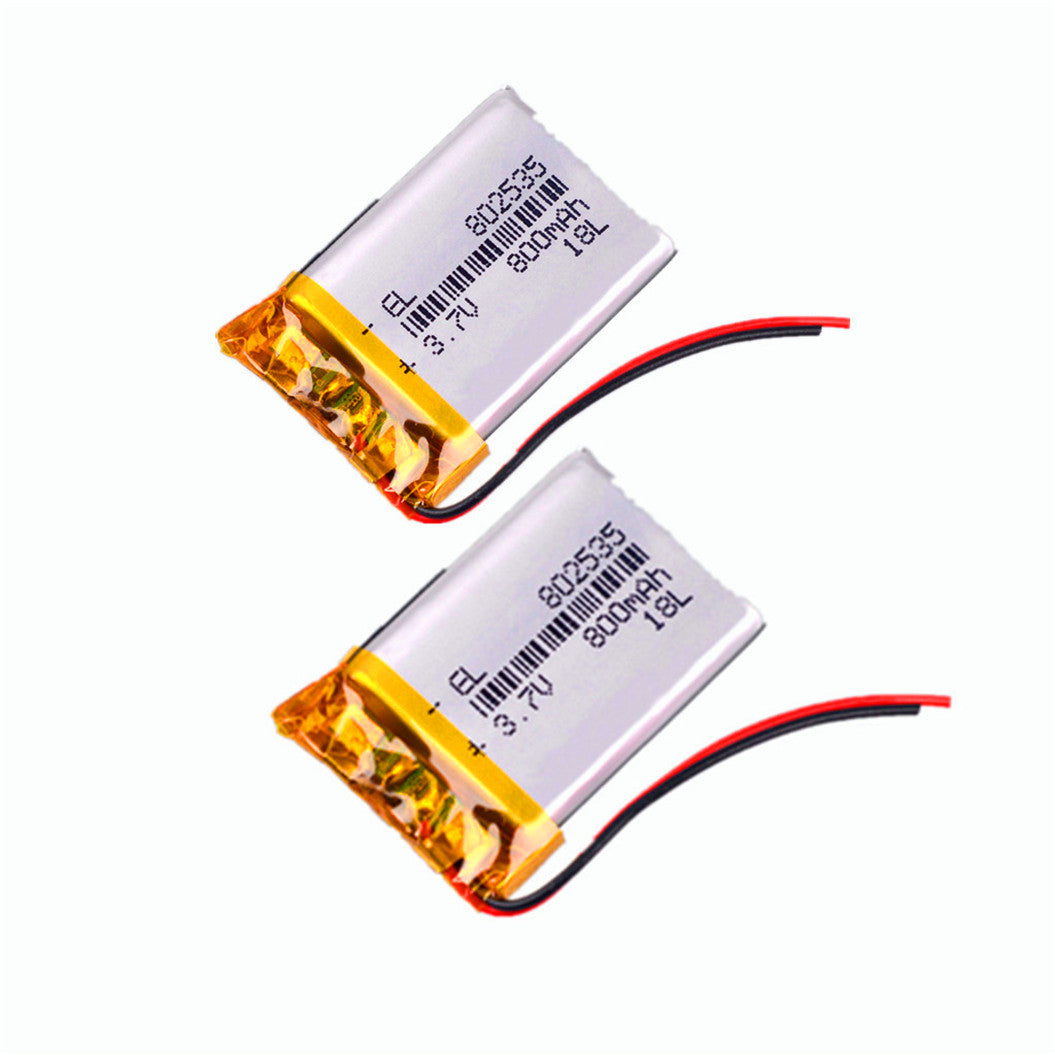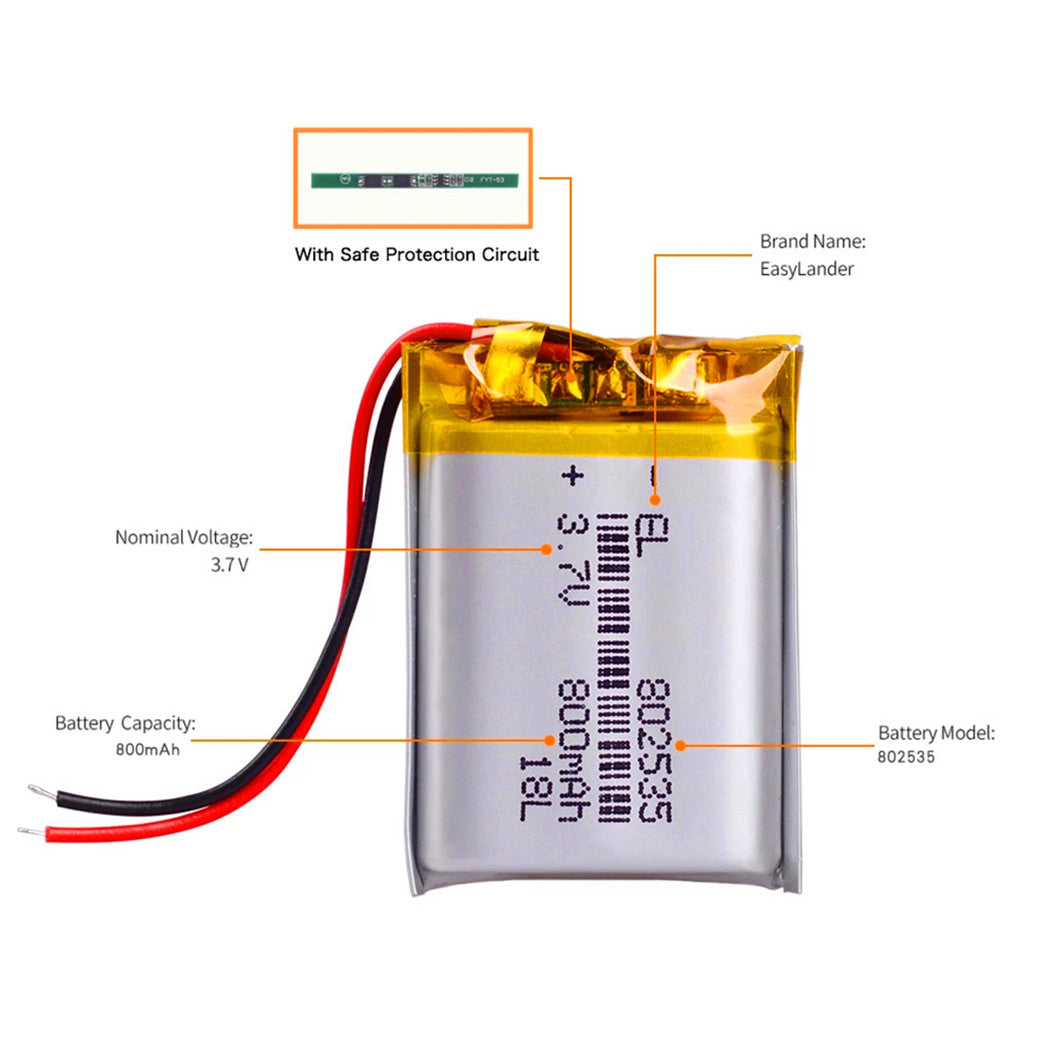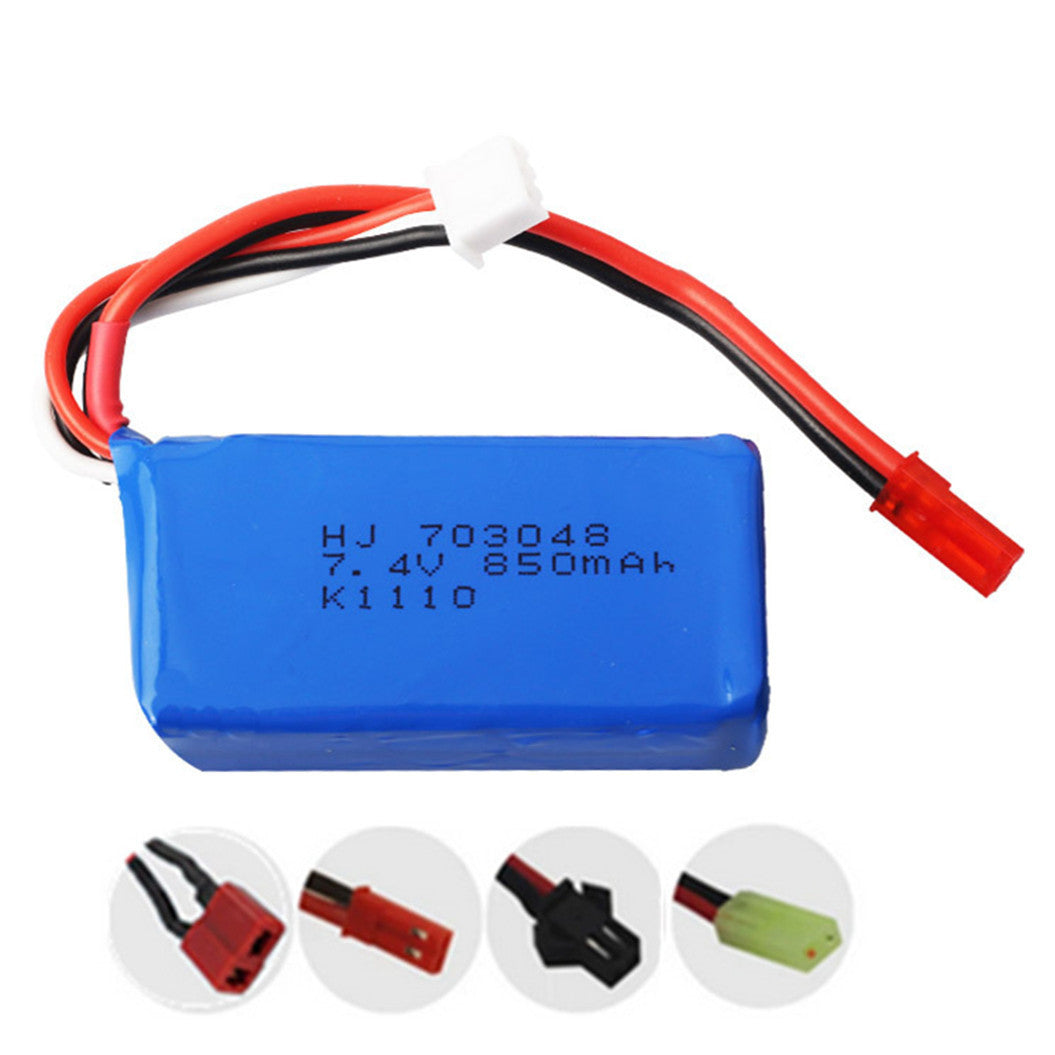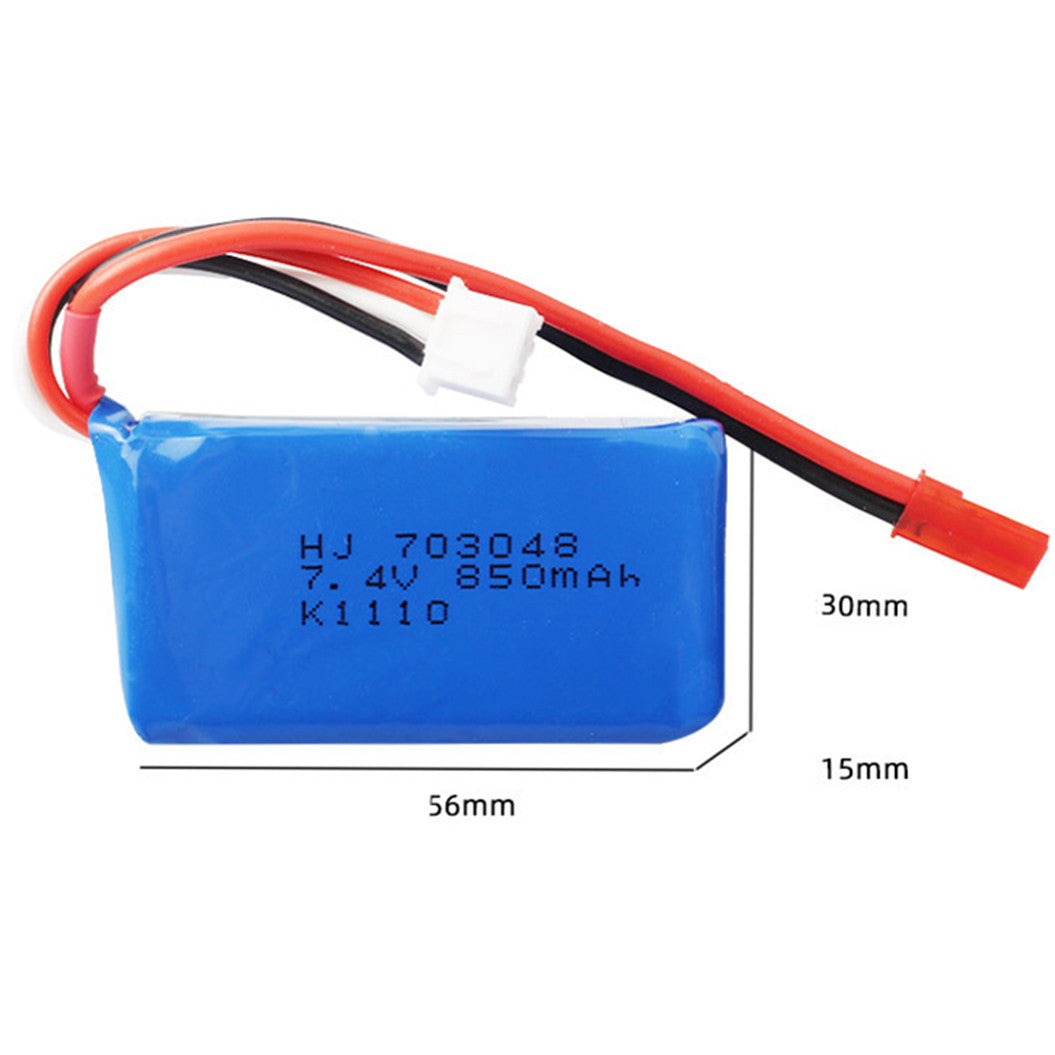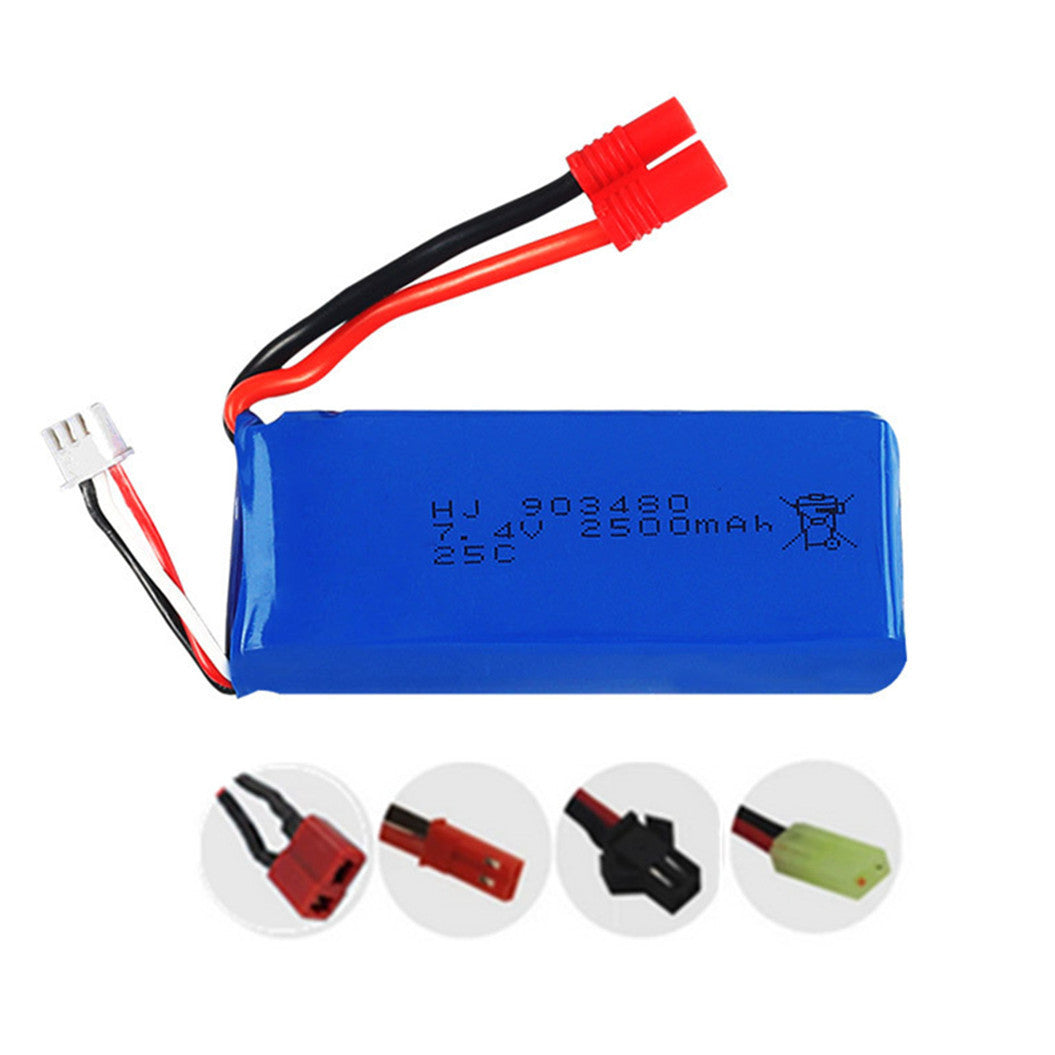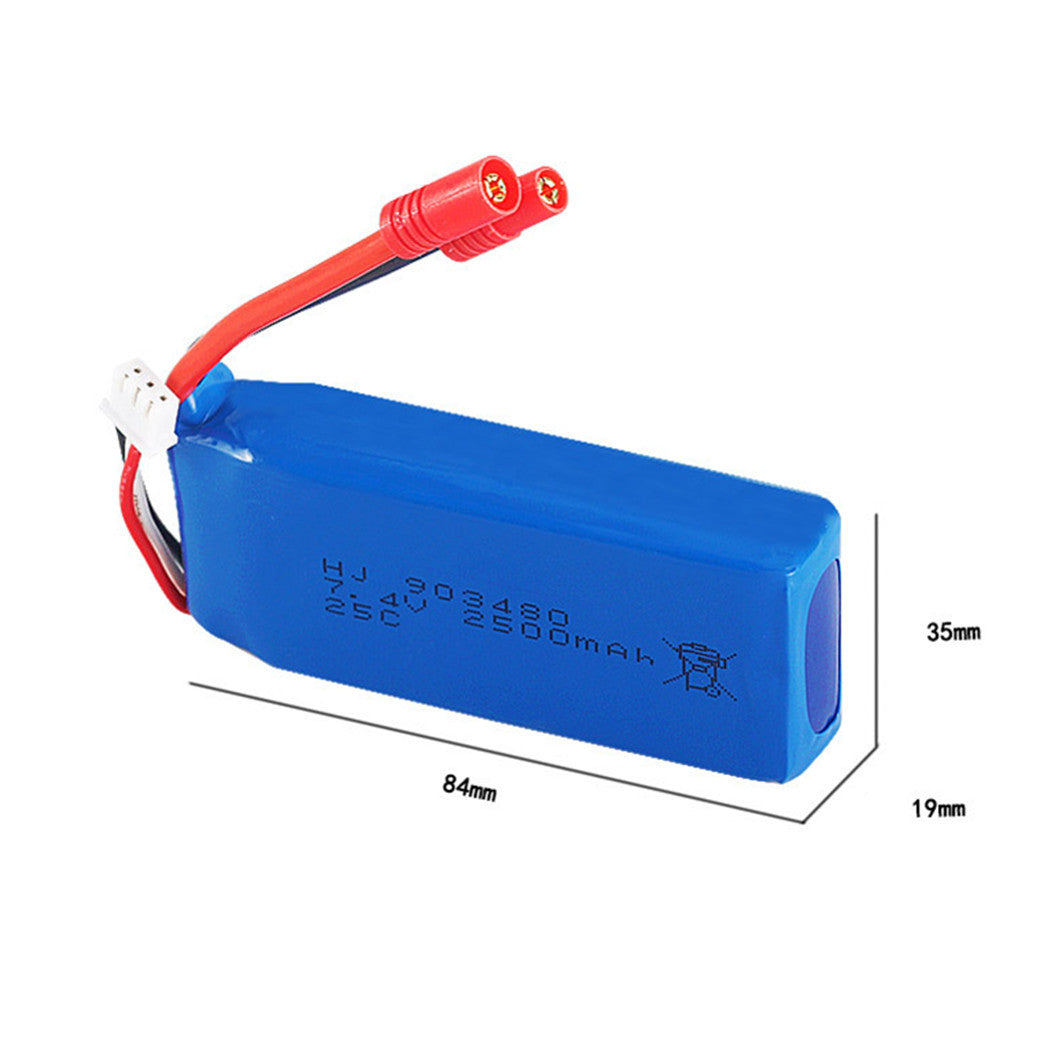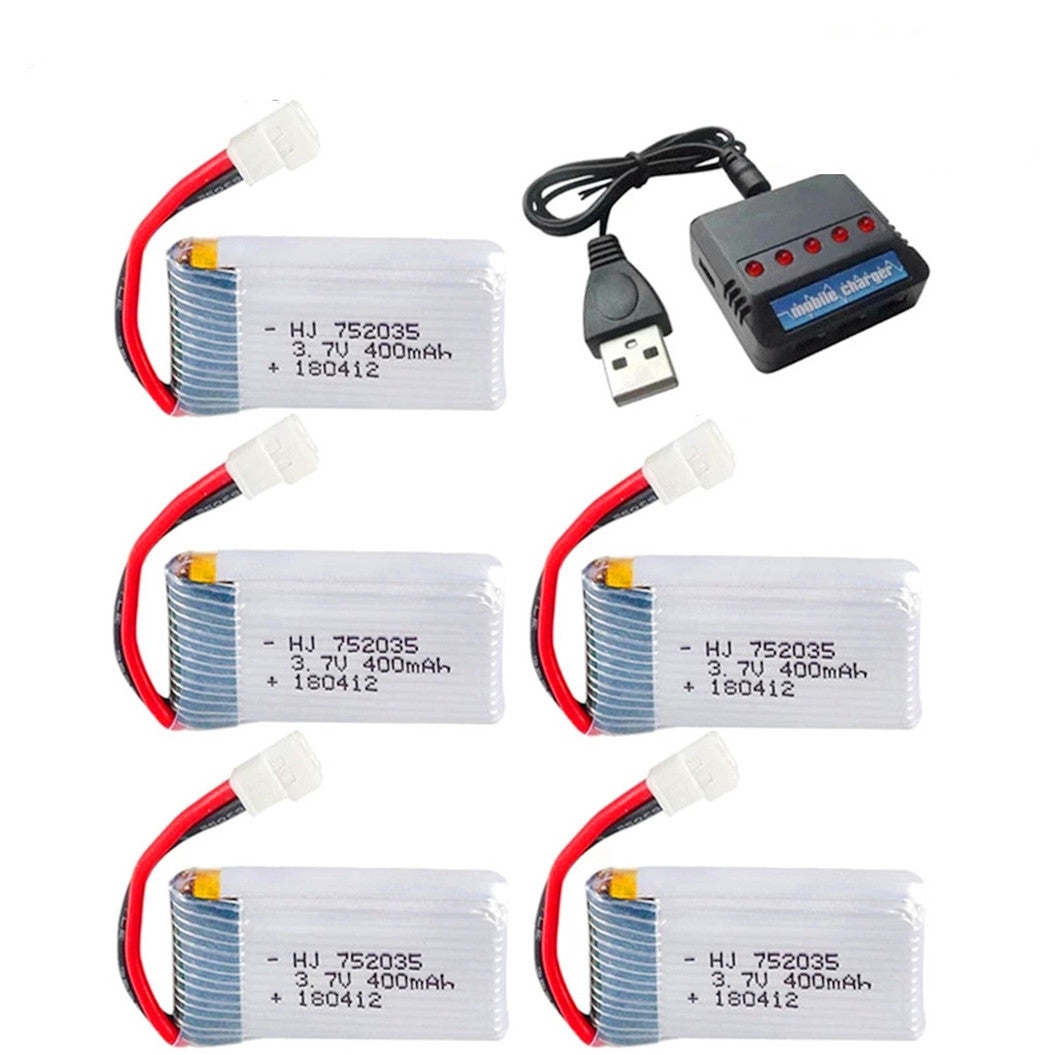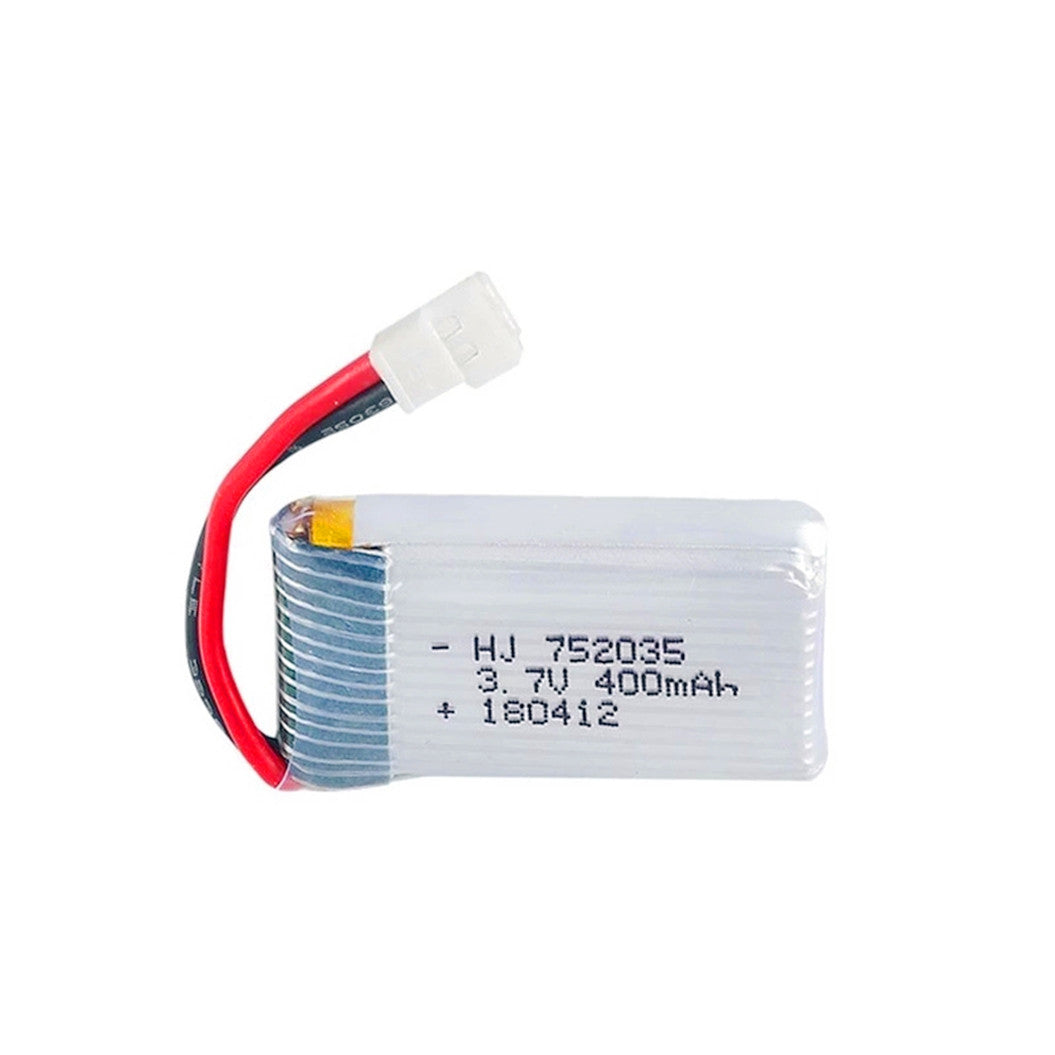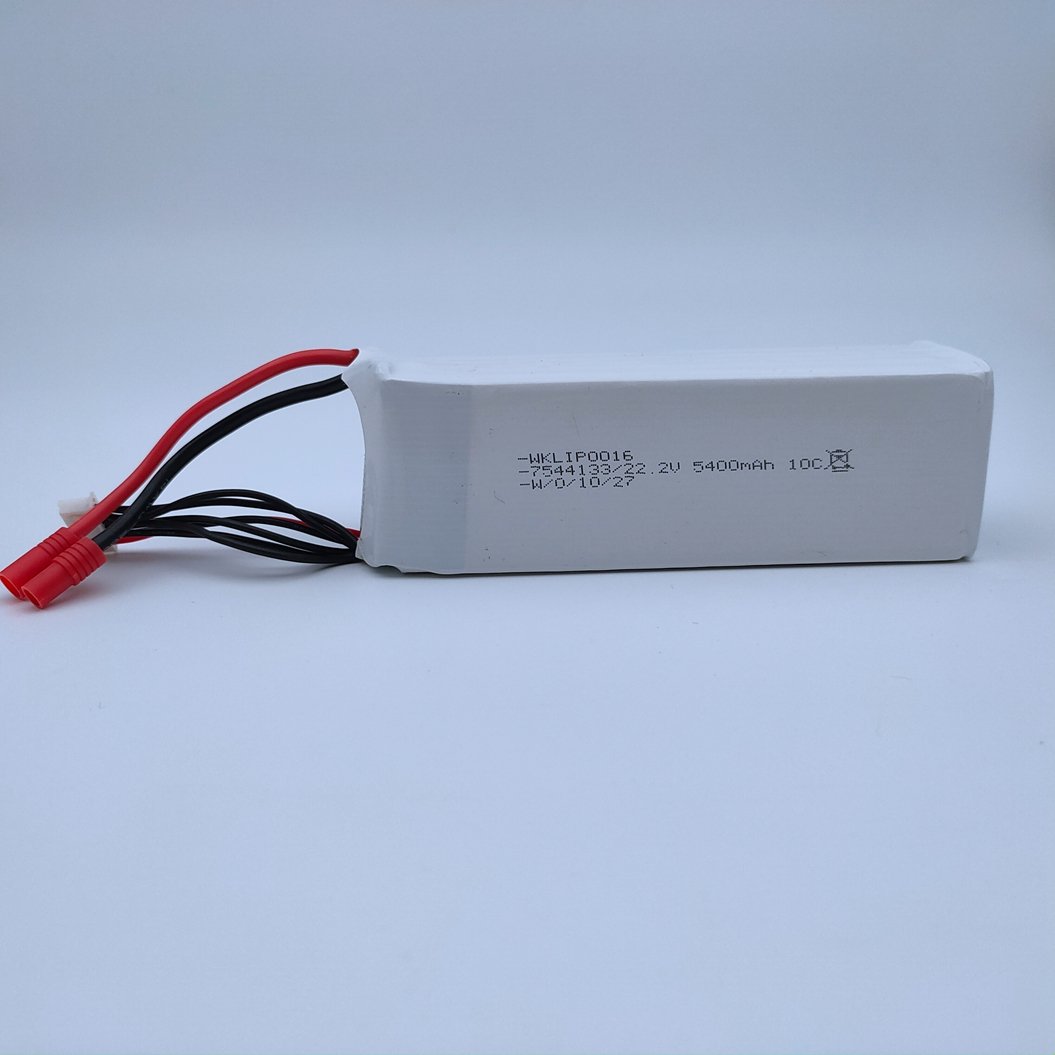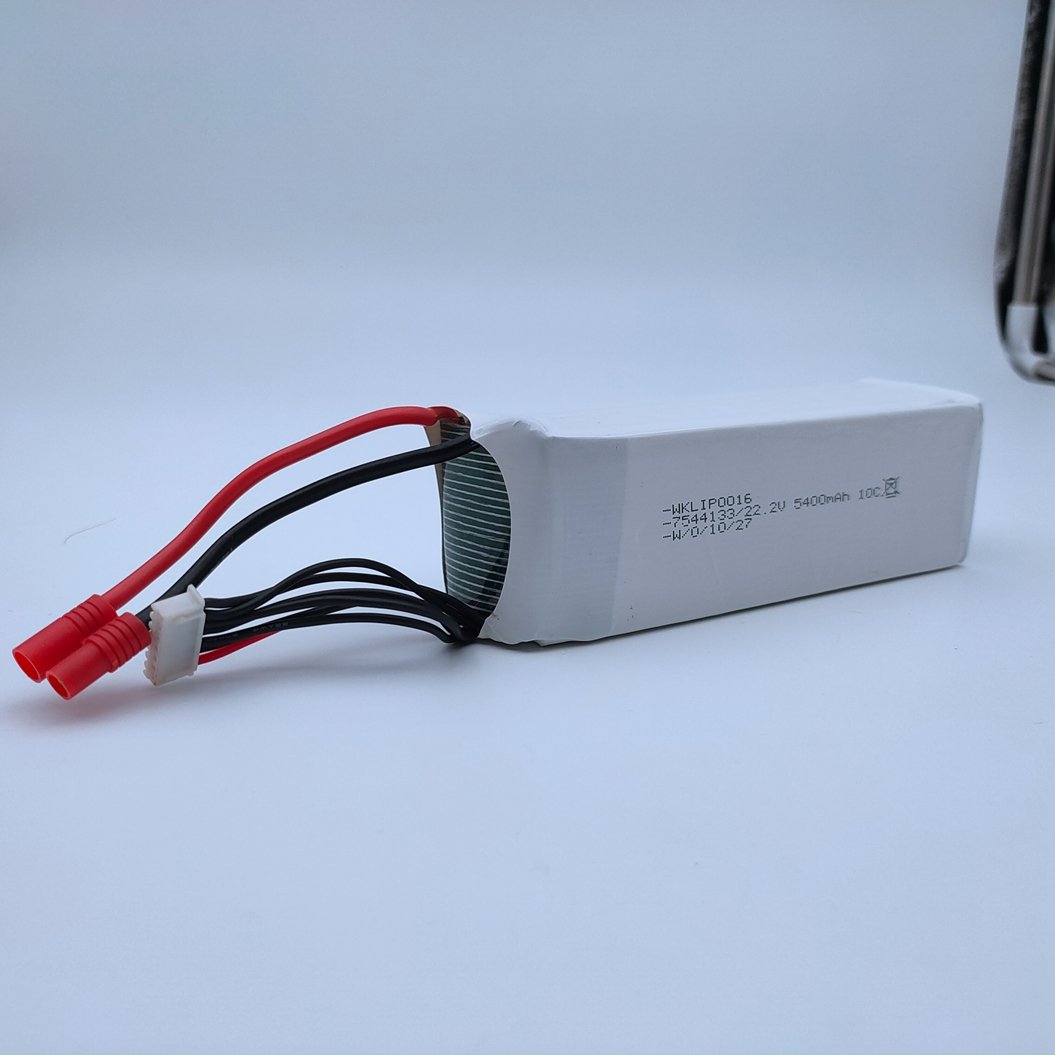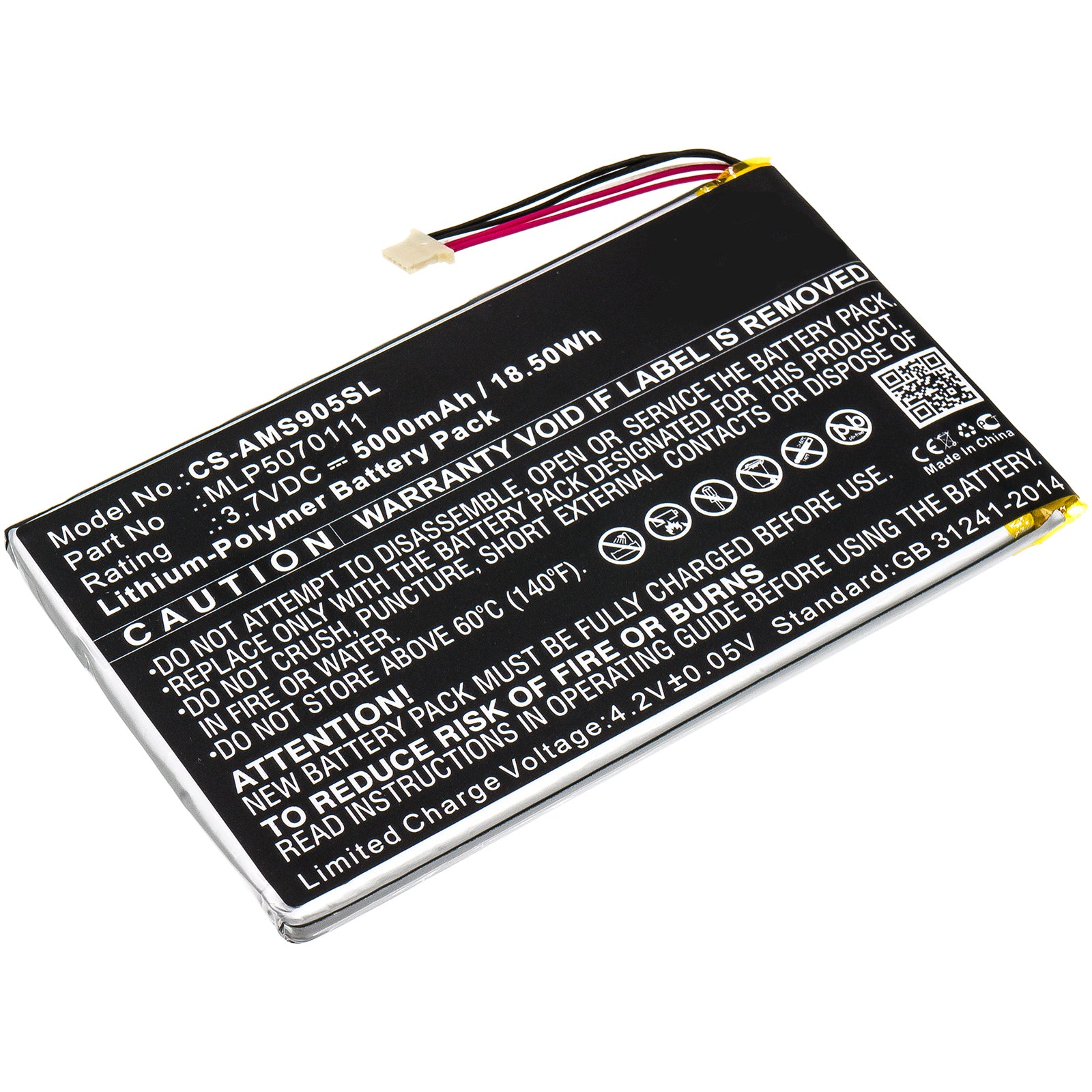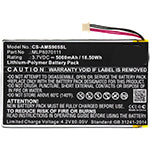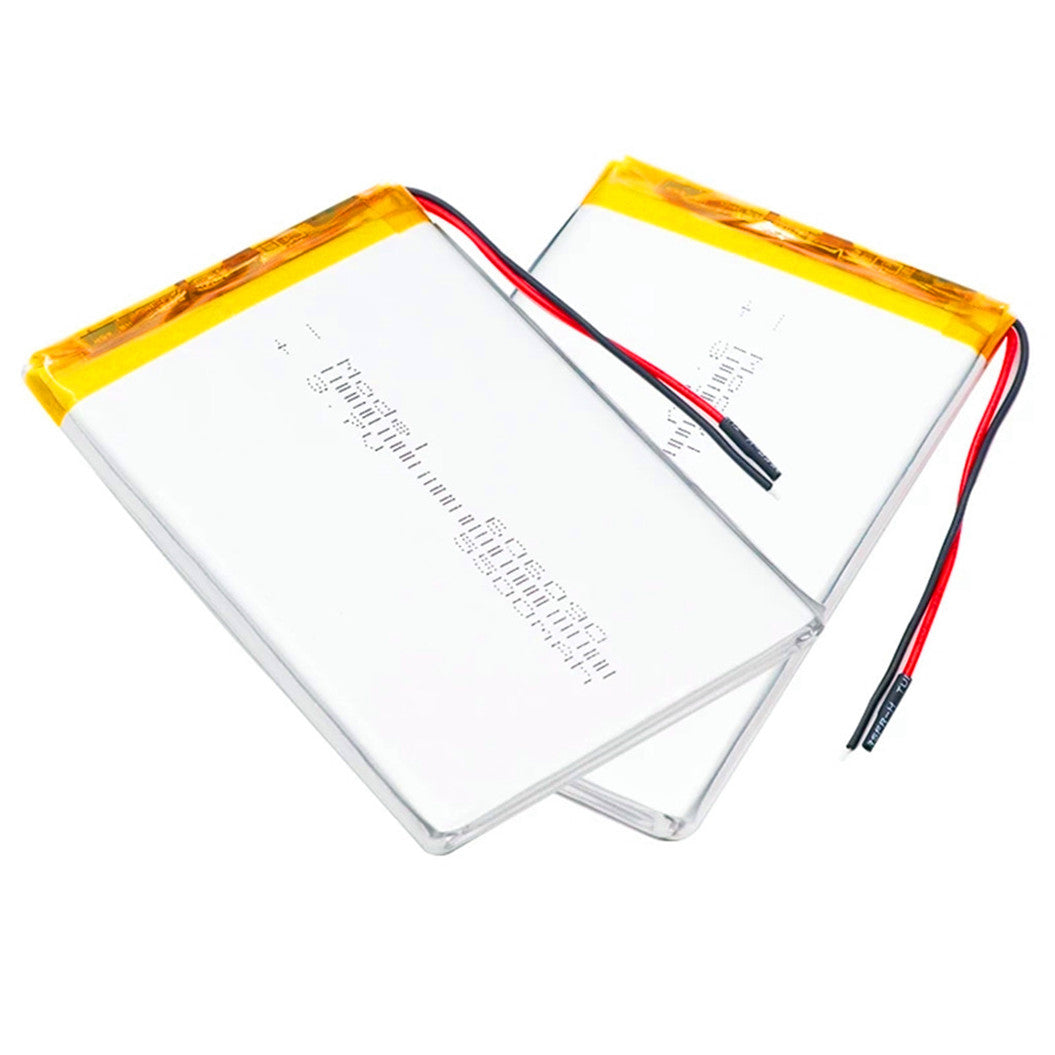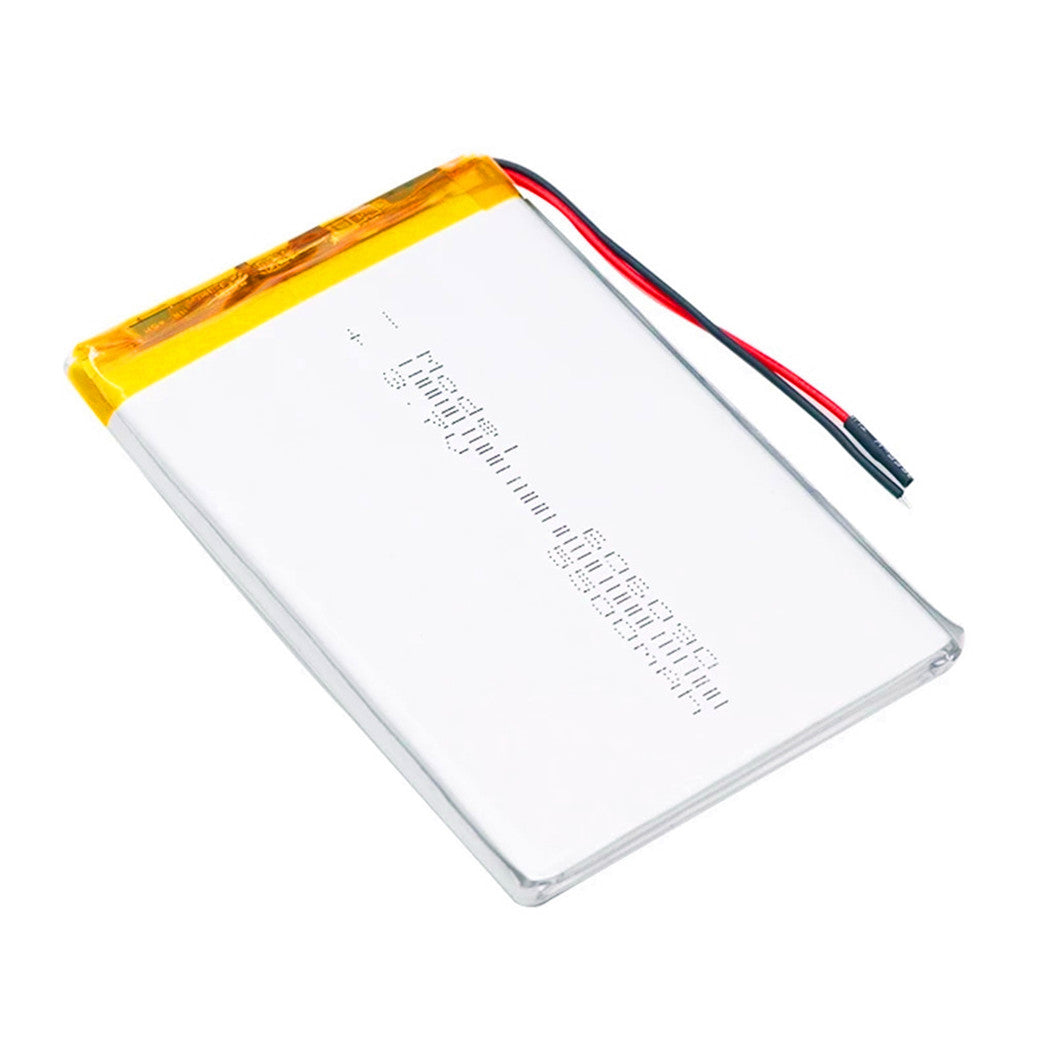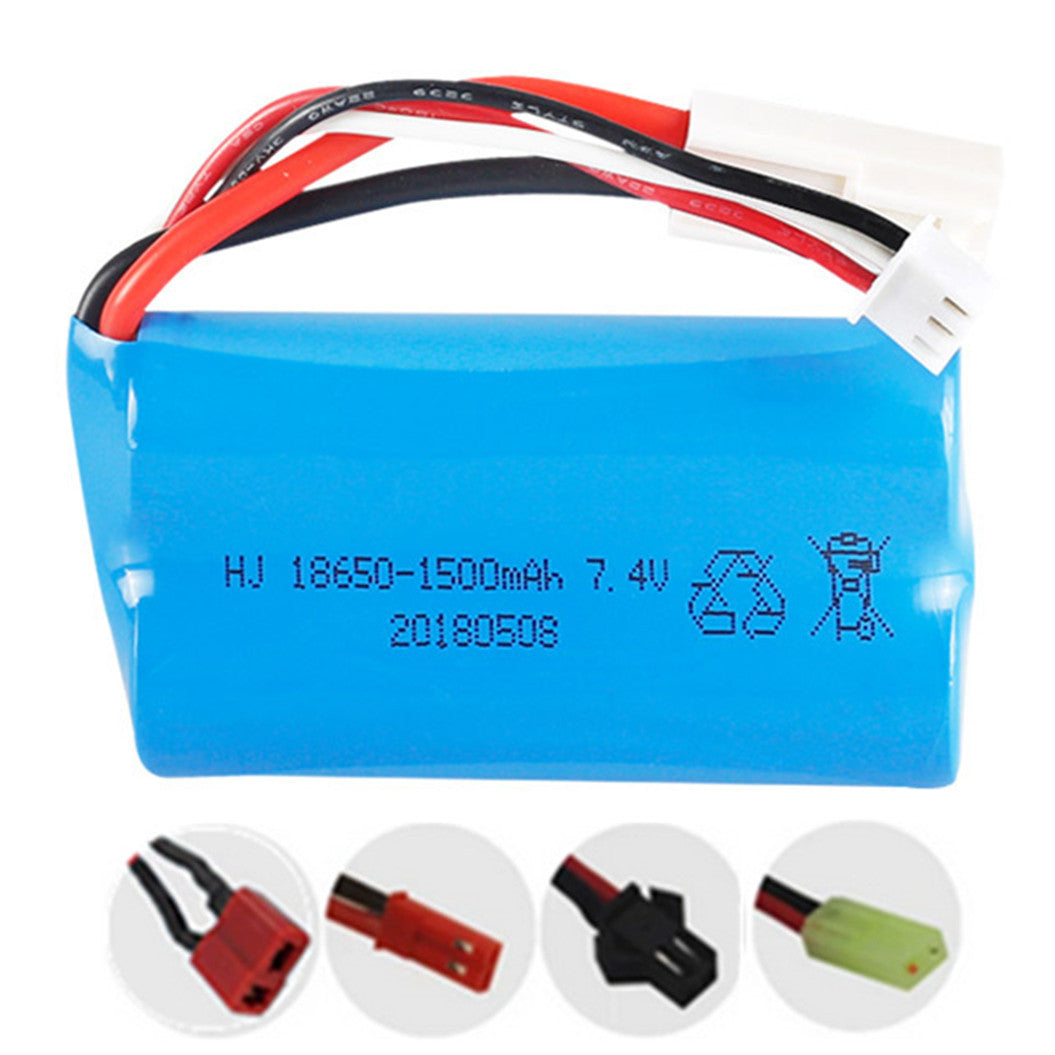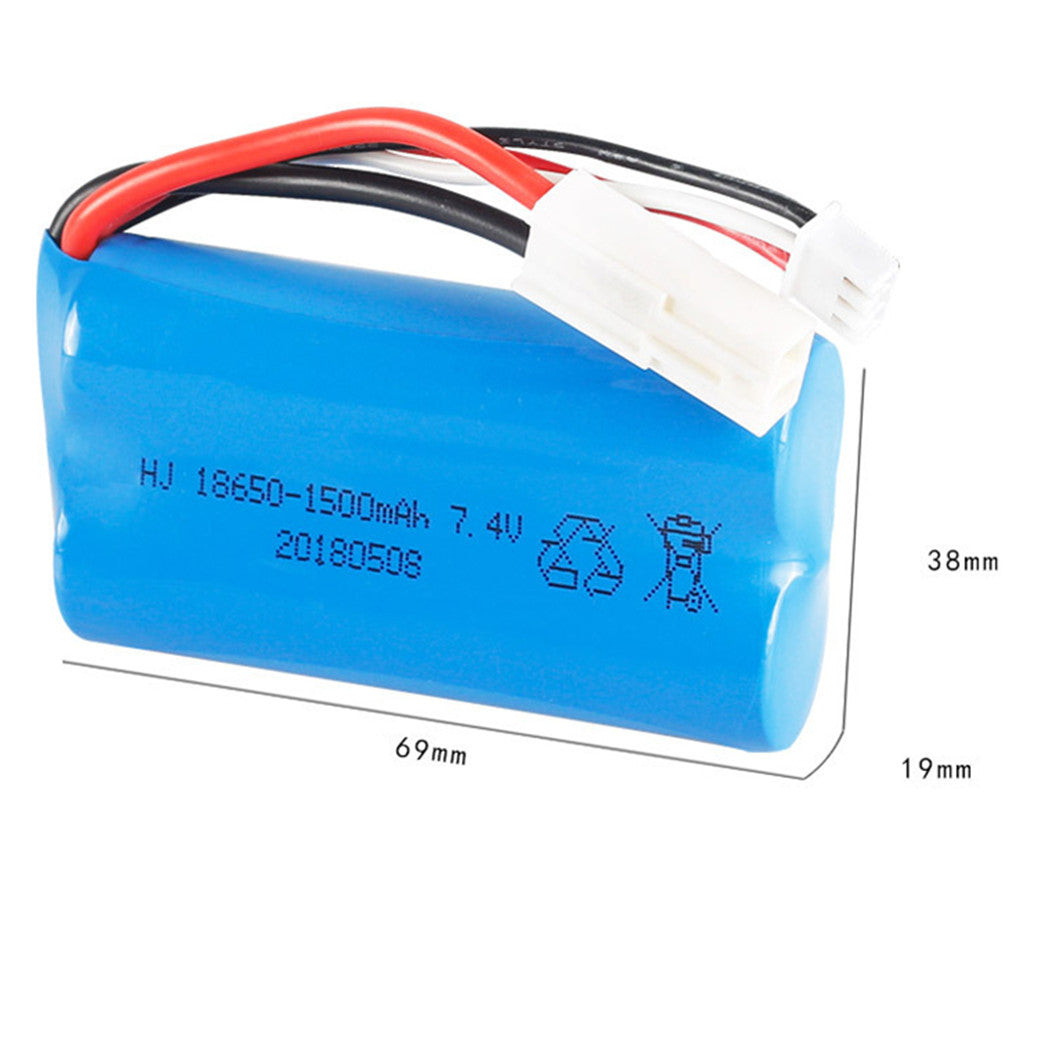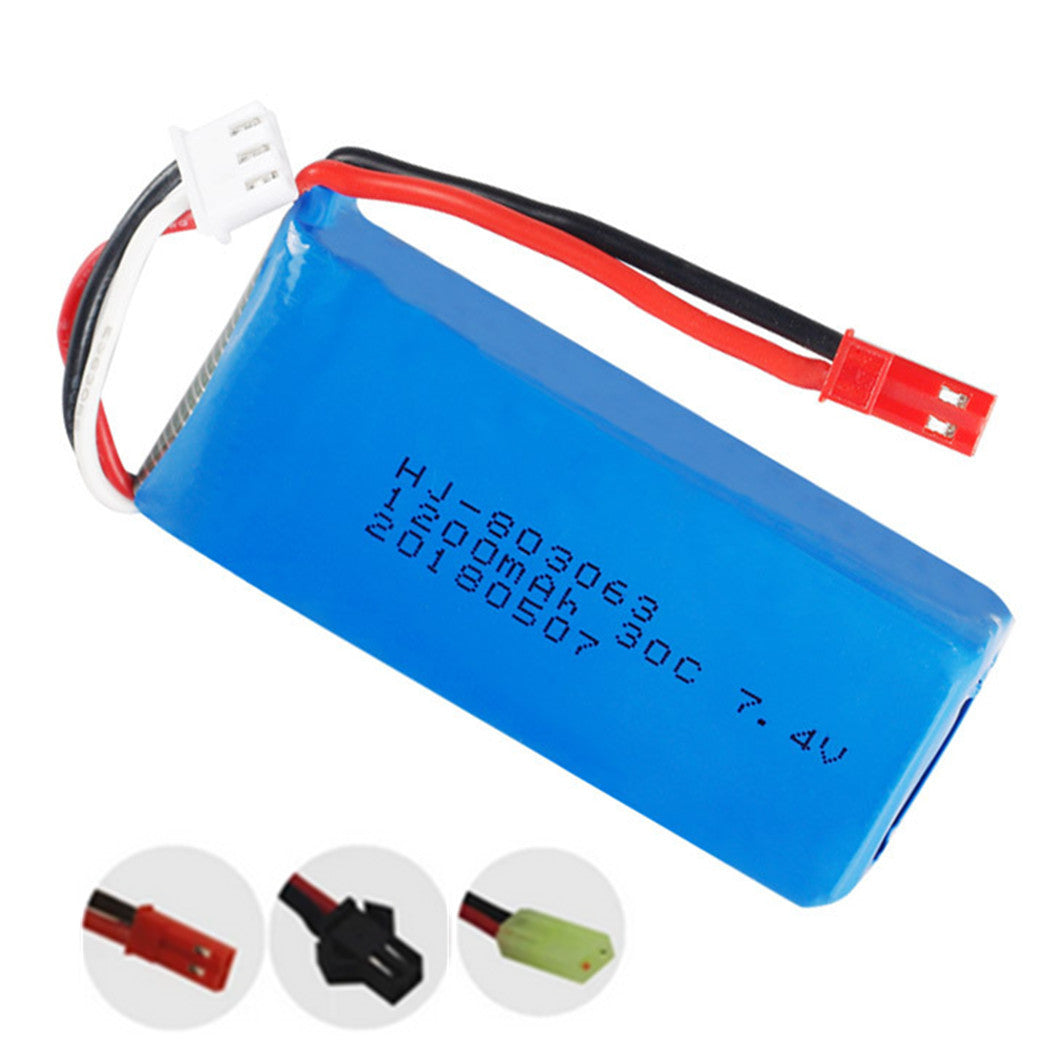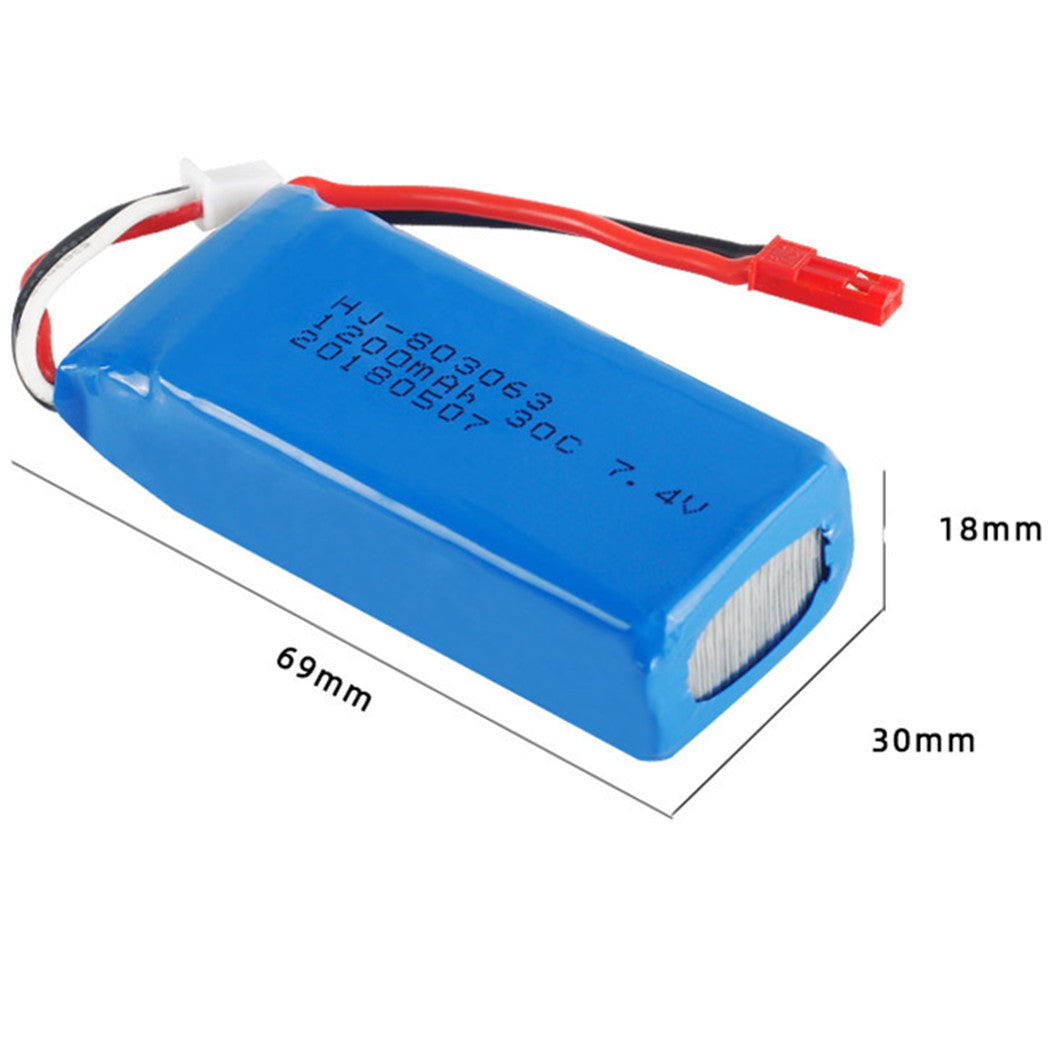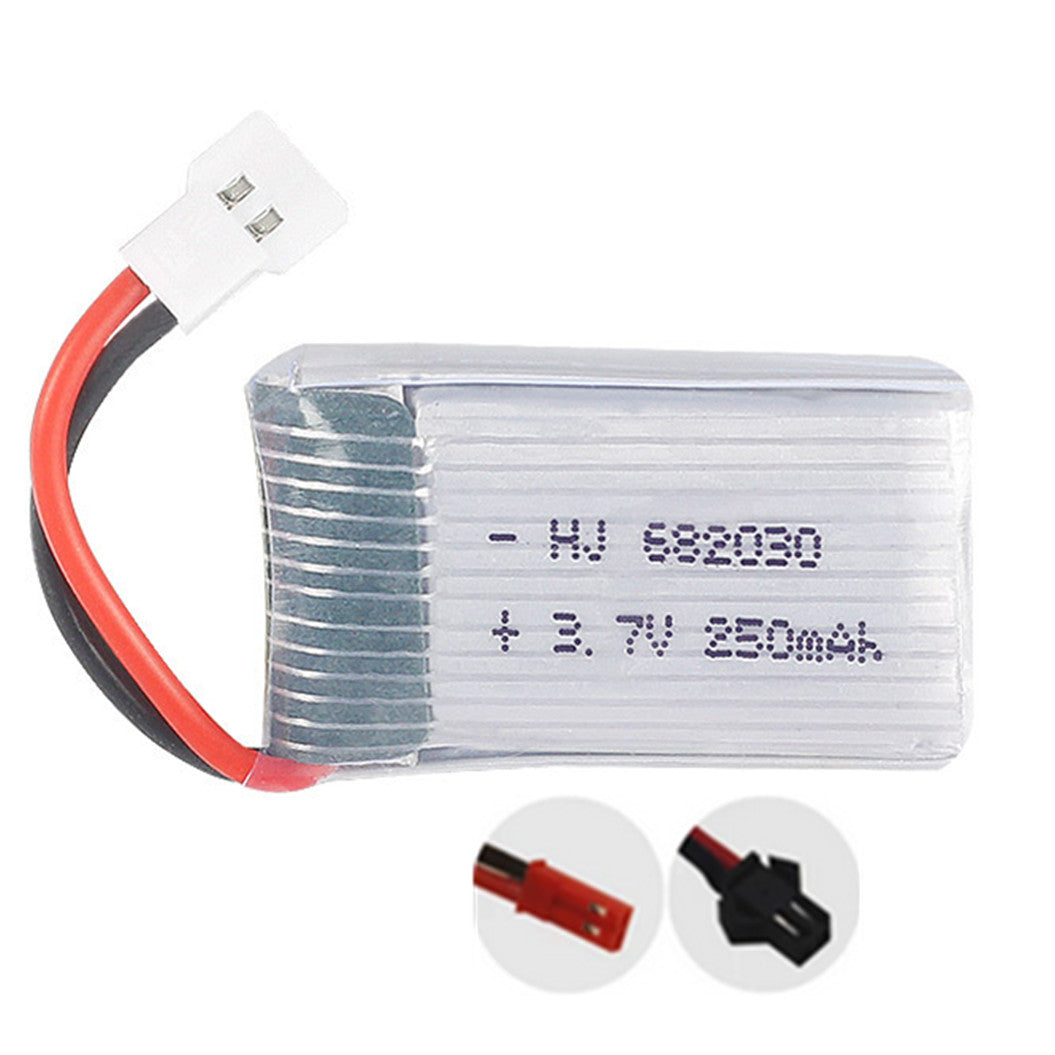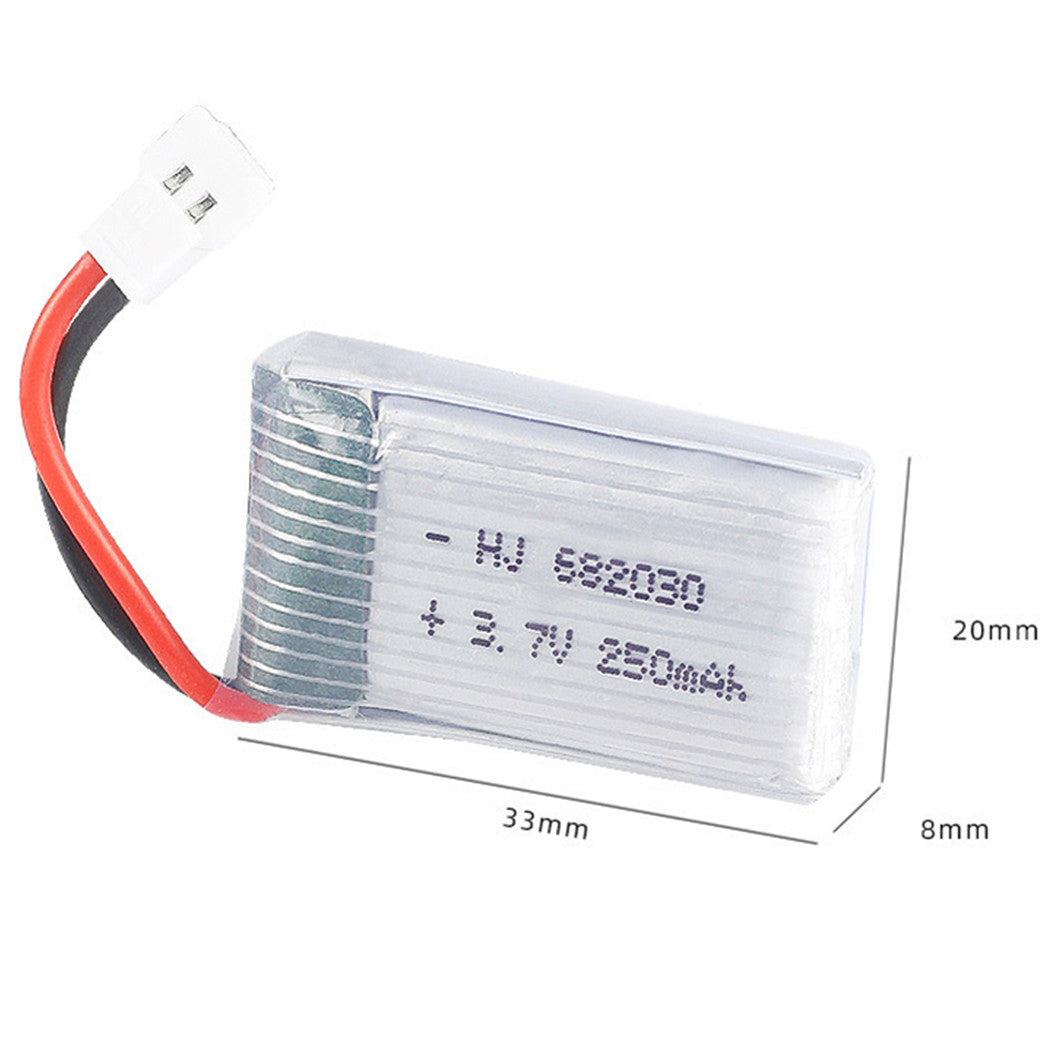-
Vendor:BATTERYINT
3.8V 300mAh Replacement Battery For Montblanc Summit Smart Watch
- Regular price
- $38.20
- Regular price
-
- Sale price
- $38.20
- Unit price
- per
3.8V 300mAh Replacement Bat... -
Vendor:BATTERYINT
2 pieces 3.7v 600mAh 721862 li-polymer battery for UDI U818A U817 WLtoys V959 V929 RC Quadcopter
- Regular price
- $17.50
- Regular price
-
- Sale price
- $17.50
- Unit price
- per
2 pieces 3.7v 600mAh 721862... -
Vendor:BATTERYINT
2pcs 3.7V lithium battery 800MAH polymer battery 802535 bluetooth DVR player driving recorder
- Regular price
- $10.99
- Regular price
-
- Sale price
- $10.99
- Unit price
- per
2pcs 3.7V lithium battery 8... -
Vendor:BATTERYINT
7.4v 850mAh 703048 li-polymer battery for V912 RC Quadcopter UDI U829X Remote Controlled Aircraft
- Regular price
- $15.50
- Regular price
-
- Sale price
- $15.50
- Unit price
- per
7.4v 850mAh 703048 li-polym... -
Vendor:BATTERYINT
7.4v 2500mAh 903480 li-polymer battery for X8 X8C X8W X8G Rechargeable RC Drone
- Regular price
- $18.00
- Regular price
-
- Sale price
- $18.00
- Unit price
- per
7.4v 2500mAh 903480 li-poly... -
Vendor:BATTERYINT
5pcs 3.7V 400mAh 35C Lipo Battery + Charger for E33C E33 U816A RC Quadcopter Drone
- Regular price
- $14.99
- Regular price
-
- Sale price
- $14.99
- Unit price
- per
5pcs 3.7V 400mAh 35C Lipo B... -
Vendor:BATTERYINT
Walkera TALI H500-Z-22 Scout X4 Multi-axis 22.2V 5400MAH 10C Model Lithium Battery
- Regular price
- $72.99
- Regular price
-
- Sale price
- $72.99
- Unit price
- per
Walkera TALI H500-Z-22 Scou... -
Vendor:BATTERYINT
3.7V 5000mAh Diagnostic Scanner Battery for MK906 MP808 MP808TS MS905 MS906 MS906CV MY905 TS608 Li-Polymer
- Regular price
- $28.61
- Regular price
-
- Sale price
- $28.61
- Unit price
- per
3.7V 5000mAh Diagnostic Sca... -
Vendor:BATTERYINT
2 packs of rechargeable 606090 3.7 V 5500 mAh lithium polymer lithium battery with protective PCB charging module
- Regular price
- $16.90
- Regular price
-
- Sale price
- $16.90
- Unit price
- per
2 packs of rechargeable 606... -
Vendor:BATTERYINT
7.4V 1500mAh 18650 li-polymer battery for FT009 rc boats model
- Regular price
- $15.50
- Regular price
-
- Sale price
- $15.50
- Unit price
- per
7.4V 1500mAh 18650 li-polym... -
Vendor:BATTERYINT
7.4V 1200mAh 803063 30C Lipo battery For X6 H16 MJX X101 X102 remote control quadrocopter
- Regular price
- $15.60
- Regular price
-
- Sale price
- $15.60
- Unit price
- per
7.4V 1200mAh 803063 30C Lip... -
Vendor:BATTERYINT
3 pieces 3.7v 250mAh 682030 li-polymer battery for remote aircraft
- Regular price
- $11.00
- Regular price
-
- Sale price
- $11.00
- Unit price
- per
3 pieces 3.7v 250mAh 682030...
Showing 25 -36 of 345 items
1. How to Charge Lipo Battery?
These are the safe charging tips for LiPo batteries:
- Always use a charger specifically designed for LiPo batteries to prevent overcharging or undercharging.
- Before charging, set the charger’s current and voltage to match the battery’s specifications, typically at 1C, which is twice the battery’s capacity.
- During charging, place the lithium ion polymer battery in a fireproof bag or on a flat surface that is free of flammable materials.
- Closely monitor the lithium polymer battery during charging and ensure that it is not left unattended for extended periods.
- Always use a charger specifically designed for LiPo batteries to prevent overcharging or undercharging.
- Before charging, set the charger’s current and voltage to match the battery’s specifications, typically at 1C, which is twice the battery’s capacity.
- During charging, place the lithium ion polymer battery in a fireproof bag or on a flat surface that is free of flammable materials.
- Closely monitor the lithium polymer battery during charging and ensure that it is not left unattended for extended periods.
2. How to Store Lipo Battery?
When storing Lithium Polymer (LiPo) batteries, they should be kept at approximately 50% charge, which will help to prolong battery life. The lithium ion polymer battery should be stored in a dry, cool environment, away from direct sunlight and extreme temperatures.
In addition, batteries should be stored in a fireproof bag or special safety box to prevent accidents. In addition, if not used for a long period, perform a light charge and discharge every few months to maintain battery performance.
In addition, batteries should be stored in a fireproof bag or special safety box to prevent accidents. In addition, if not used for a long period, perform a light charge and discharge every few months to maintain battery performance.
3. What Is the Lifespan of a Lipo Battery?
In general, lithium polymer batteries can support approximately 300 to 500 charge/discharge cycles if properly used and maintained. To extend battery life, avoid overcharging and over-discharging, and keep the lithium ion polymer battery at the proper temperature during use and storage.
4. How to Prevent Lipo Battery from Expansion and Explosion?
These tips below prevent lithium polymer (lipo) batteries from expanding or explosion:
- Ensure that you are using a charger that is specifically designed for LiPo batteries and that you strictly follow the battery’s charging specifications.
- Avoid exposing the lithium polymer battery to extreme temperatures or direct sunlight during charging and use.
- Ensure that the lithium ion polymer battery is not physically damaged. Regularly inspect the battery for any signs of wear or damage.
- If the LiPo batteries show signs of swelling, discontinue use immediately to prevent further risks such as expansion or explosion.
- Ensure that you are using a charger that is specifically designed for LiPo batteries and that you strictly follow the battery’s charging specifications.
- Avoid exposing the lithium polymer battery to extreme temperatures or direct sunlight during charging and use.
- Ensure that the lithium ion polymer battery is not physically damaged. Regularly inspect the battery for any signs of wear or damage.
- If the LiPo batteries show signs of swelling, discontinue use immediately to prevent further risks such as expansion or explosion.
5. What Is the Difference Between a 4s Lipo Battery and a 3s LiPo Battery?
The main differences between 4s lipo batteries and 3s LiPo batteries are the number of cells and the total voltage. 3s batteries consist of three cells in series and typically have a voltage of 11.1 volts, while 4s batteries consist of four cells in series and typically have a voltage of 14.8 volts.
However, higher voltages may also require electronic equipment to have a higher voltage tolerance, so the voltage compatibility of equipment must be considered when choosing a lithium polymer battery.
However, higher voltages may also require electronic equipment to have a higher voltage tolerance, so the voltage compatibility of equipment must be considered when choosing a lithium polymer battery.
6. How Long Does It Take to Charge a 4s Lipo Battery?
Typically, most 4-cell LiPo batteries take about 1 to 1.5 hours to fully charge when charged at a 1C charge rate (i.e. the current value for the rated capacity of the battery).
For example, a 5000mAh battery will take about 1 hour to fully charge at 5A charge current. Ensure that you use the appropriate charger for your lithium polymer battery to maintain its health and safety.
For example, a 5000mAh battery will take about 1 hour to fully charge at 5A charge current. Ensure that you use the appropriate charger for your lithium polymer battery to maintain its health and safety.
7. Which Is Better, Lifepo4 or Lipo Battery?
LiFePO4 batteries are known for their longer life and increased safety. It is usually more suitable for applications that require long-term reliability, such as electric vehicles and solar energy storage systems.
LiPo batteries, on the other hand, offer higher energy density and power output. Ideal for devices with stringent weight and size requirements, such as UAVs and RC models.
LiPo batteries, on the other hand, offer higher energy density and power output. Ideal for devices with stringent weight and size requirements, such as UAVs and RC models.
8. Which Is Better, Nimh or Lipo Battery?
NiMH batteries are more environmentally friendly and less expensive, making them suitable for every day and low-power devices.
LiPo batteries, on the other hand, offer higher energy density and discharge rates, making them more suitable for use in high-power devices such as drones and high-performance RC cars.
LiPo batteries, on the other hand, offer higher energy density and discharge rates, making them more suitable for use in high-power devices such as drones and high-performance RC cars.


